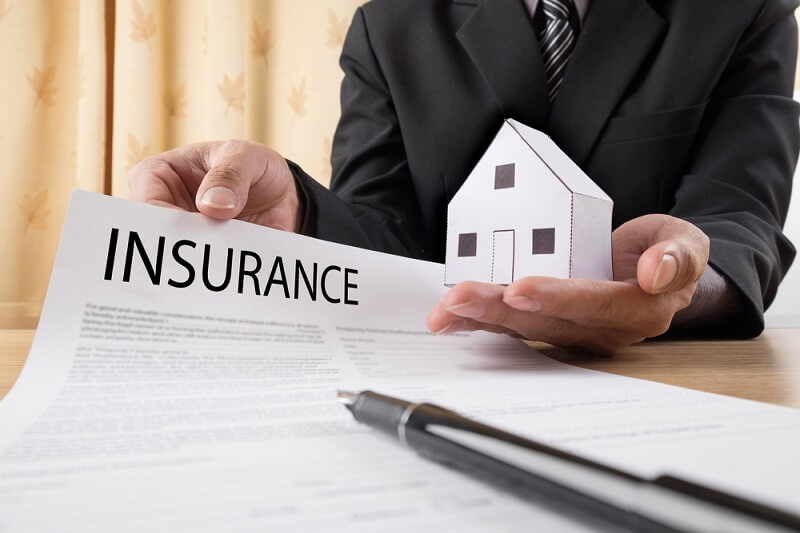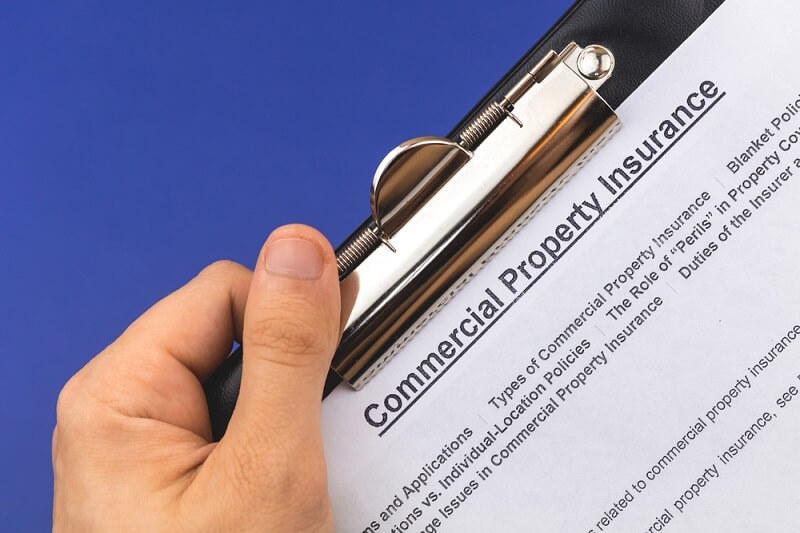
Protecting your business's tangible assets in today's uncertain world is not only intelligent—it's critical. If you own an office building, warehouse, or retail facility, the right commercial property insurance coverage can be the key to a speedy recovery or a crippling loss. This in-depth guide provides practical commercial property insurance advice and essential information regarding building coverage and business fire insurance to assist you in making informed choices.
Let's get into the most important factors that every business owner should know about finding the best property insurance policy.
Commercial property insurance is a policy that will assist companies in recovering financially after suffering damage or loss to physical property. This ranges from the building structure of your company to furniture, inventory, electronics, and even signs outside.
At its essence, this insurance helps to offer business asset protection in the form of paying for repair or replacement in the event of disaster. Typical perils included in standard property insurance are:
And that is where fire insurance for business comes in particularly handy—it helps to ensure your company is not left in the lurch if a fire ravages part of your infrastructure or inventory.
If you're the owner of the building in which your business is located, building coverage is an important consideration. Without it, damage to the physical building might not be covered even if the contents are.
Building coverage ensures:
Even when you rent the space, some landlords expect tenants to maintain certain forms of structural protection. Always check lease deals and speak with your insurer regarding duties.
One of the least mentioned but most fundamental elements of commercial property insurance is the extent to which it serves business asset protection. Your business assets are valuable—not just valuable, but essential to everyday operations.
Typically insured assets include:
What if a fire, flood, or break-in destroys your inventory or equipment? How quickly would you be able to rebuild? Insurance provides the continuity necessary so you don't slip from your position in the market.
To reap the maximum benefit of your policy, perform periodic evaluations of asset value and modify coverage accordingly. Being underinsured is just as dangerous as being uninsured.
Selecting a property damage policy is not a one-size-fits-all affair. Policies vary in what's included, how much is reimbursed, and how claims are settled.
Things to look for in a good insurance policy:
Named vs. Open Perils: Named perils pay for situations specifically named in the policy, while open perils pay for all except specifically named exclusions.
Replacement Cost vs. Actual Cash Value: Replacement costs reimburse you for the total cost necessary to replace the lost or damaged property. Actual cash value accounts for depreciation.
Deductible Levels: Higher deductibles can lower the premium, but a claim could require larger outlays depending on the deductible level.
Coverage Limits: Make sure limits are sufficient to cover the total loss of the assets and the structure.
Consult a licensed insurance broker to compare and review property damage insurance policies before you sign an agreement.

Fire is still one of the most frequent and destructive hazards facing businesses. A faulty electrical wire or inadvertent error can lead to a complete loss. That's why commercial fire insurance isn't an option—it is essential.
Key components of a fire insurance policy:
Do not assume all standard property insurance includes adequate fire insurance. Always check with your insurance corporation about the level of coverage and file endorsements if necessary.
Good policies provide a safe workplace, not just post-occurrence rehabilitation. Business property insurance is offered with optional riders as well as safeguards that can help with risk reduction.
Consider adding:
Of course, various riders may increase the premium percentage, but provide extensive workplace insurance to prevent stoppage activity during a disaster.
Each business is unique, so each commercial property insurance policy must be customized accordingly. What suits a retail shop won't suit a restaurant, warehouse, or corporate office.
Here's how to create a custom policy:
You can gain peace of mind and reduce financial exposure to loss by positively impacting your policy.
As a business owner, the cost of commercial property insurance is probably a concern for you, but there are ways to save without putting yourself at risk of loss.
Here are a few smart savings strategies:
In no case can your savings come at the expense of quality protection. Value must be measured alongside affordability.
If a disaster strikes, it is important to know how to report and seek a claim. Each company is different, but here is a general idea to expect:
Being well-documented on policy and aware of your property damage policy terms makes this easier.
Selecting the proper property insurance to protect your business is not simply a compliance checkbox. It's an investment in your business's success and sustainability. Correct coverage, whether it's building coverage, fire insurance for business, or comprehensive business asset coverage, will support you through any storms, literally and figuratively.
With the commercial property insurance tips within this guide, by looking at your workplace protection needs, and by choosing the correct policy to protect your property from damage, you can be confident your business is ready for anything that may happen.
This content was created by AI